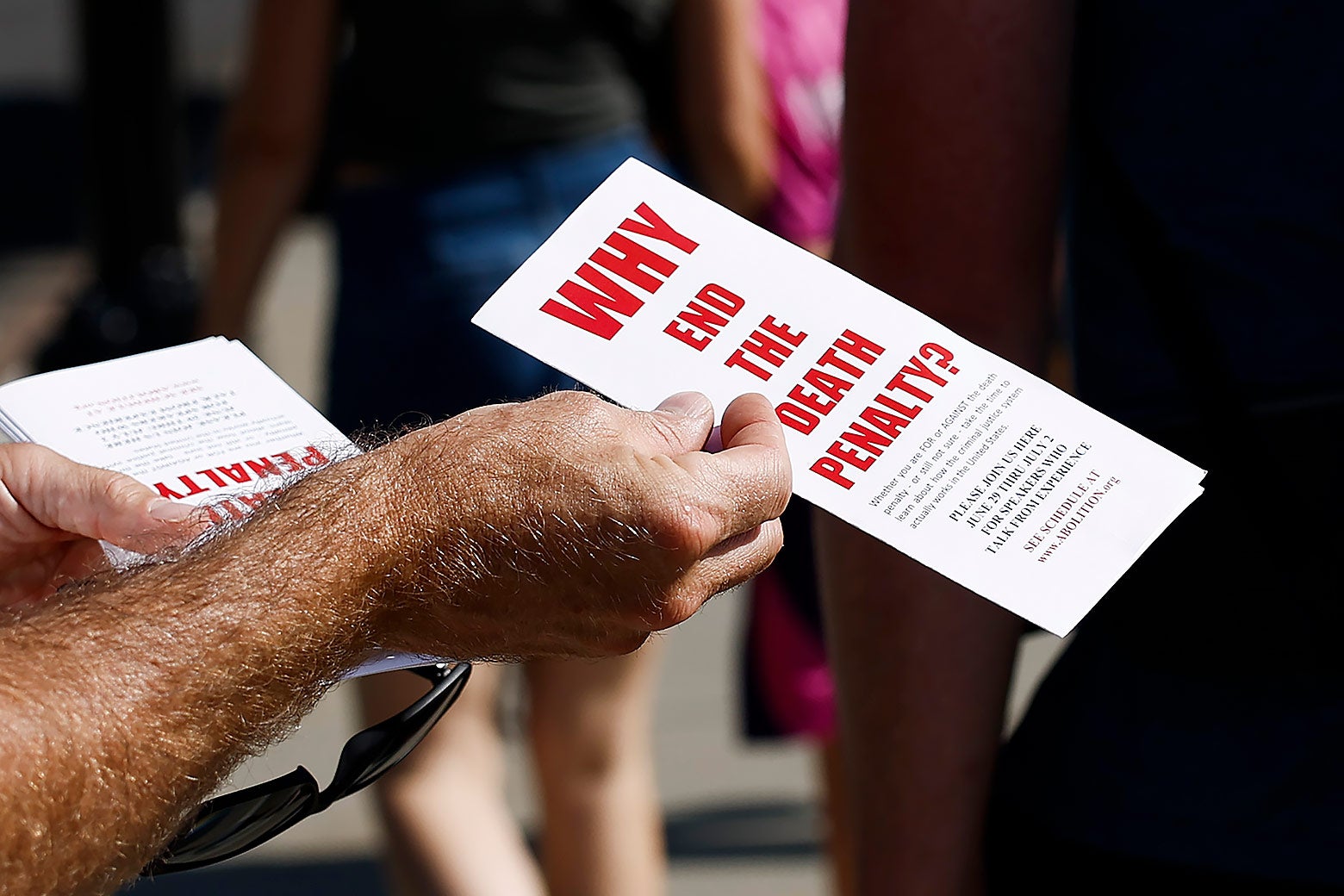Florida Expands Death Penalty Methods Under New Legislation

Law allows unspecified execution methods if deemed constitutional
Florida has enacted new legislation that expands the state's death penalty procedures beyond the previously limited options of lethal injection and electrocution. The law now permits corrections officials to employ any execution method that has not been deemed unconstitutional by courts. This legislative change follows Florida's execution of Edward Zakrzewski in August 2025, which marked the state's ninth execution this year, surpassing its previous annual record of eight in 2014.
Legal experts note that this legislation represents a significant departure from traditional death penalty jurisprudence, which typically specifies permissible execution methods with precision. Critics have expressed concern about the law's broad language and limited oversight provisions. The legislation's supporters maintain that it simply ensures constitutional methods remain available for carrying out court-ordered executions, while opponents argue it creates uncertainty for those facing capital punishment.
KEY POINTS
- •Florida allows new execution methods
- •Law requires only constitutional status
- •Could influence other states' policies
The U.S. Supreme Court has historically upheld various execution methods when challenged on constitutional grounds. In its 1890 In re Kemmler decision, the Court established that punishments are considered cruel only when they involve torture or lingering death. More recently, in 2008, the Court ruled that execution methods are unconstitutional only if they create a substantial risk of severe pain beyond what is necessary for execution, a standard under which lethal injection was deemed acceptable.
Florida's approach differs from other states that specify multiple execution methods but clearly enumerate them in statute. Several states permit alternatives such as nitrogen hypoxia, firing squad, or electrocution alongside lethal injection, but Florida's law is unique in its open-ended approach. Legal scholars have raised concerns about implementation challenges, noting that execution personnel already face difficulties in properly administering established methods.
The legislation's impact may extend beyond Florida if other states adopt similar approaches to execution methods. Critics argue that courts should require states to explicitly identify permissible execution methods rather than allowing open-ended provisions. The debate highlights ongoing tensions in American capital punishment policy, with Florida continuing to maintain one of the nation's most active execution schedules.